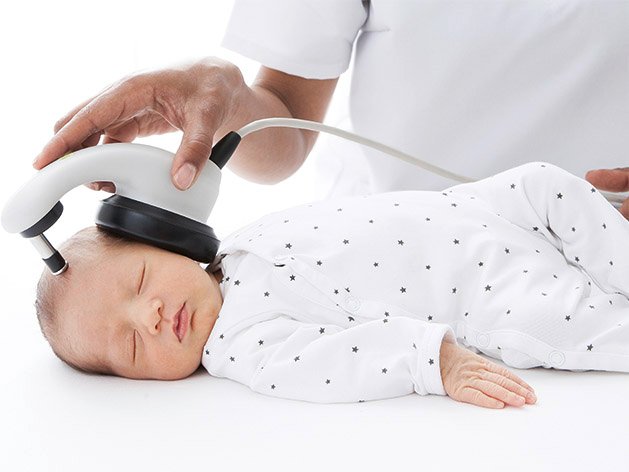BERA
BERA, or Brainstem Evoked Response Audiometry, is a specialized hearing test used primarily to assess the function of the auditory nerve pathways from the ear to the brainstem. It is particularly useful for detecting hearing loss in individuals who may not be able to respond to conventional hearing tests, such as infants, young children, or individuals with certain disabilities.
BERA measures the electrical activity in the auditory nerve and brainstem in response to sound stimuli. During the test, electrodes are placed on the scalp and earlobes of the patient. These electrodes pick up the tiny electrical responses generated by the auditory system when a sound, usually a clicking noise, is played through earphones.

Applications of BERA
Hearing Screening in Newborns: BERA is often used as a part of newborn hearing screening programs to detect early signs of hearing impairment.
Diagnosing Hearing Loss: It helps in determining the type and degree of hearing loss, particularly in difficult-to-test populations.
Auditory Neuropathy Diagnosis: BERA can help diagnose auditory neuropathy, a condition where the transmission of sound from the inner ear to the brain is impaired.
Tumor Detection: The test can also be used to detect tumors on the auditory nerve, such as acoustic neuromas.
